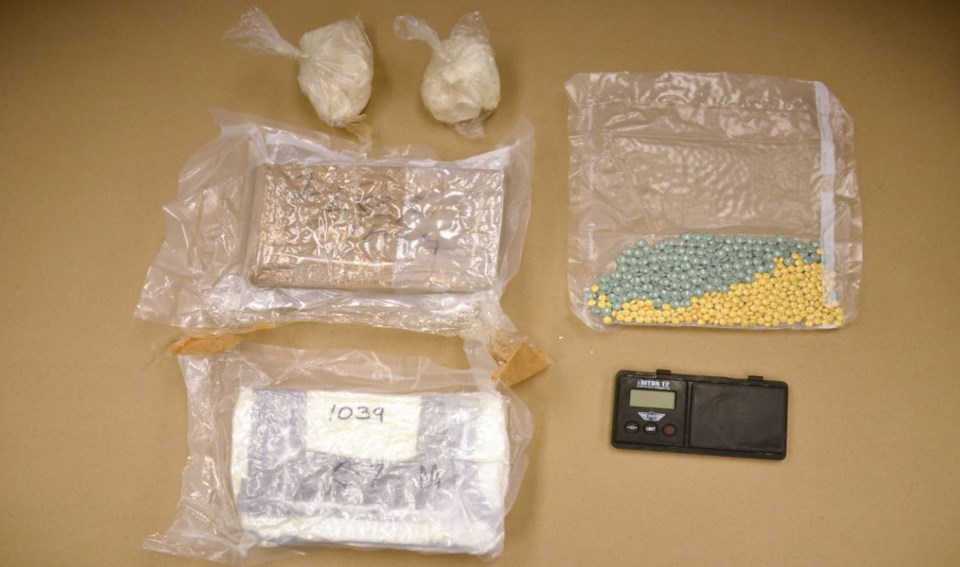THUNDER BAY -- The Ontario Court of Appeal has ordered a new trial in a case connected to what Thunder Bay Police described as the largest single seizure of cocaine in the city's history.
The court has set aside the conviction of Ryan Wilson Christiansen on two counts of possession of narcotics for the purpose of trafficking, and one count of possessing proceeds of crime. Christiansen was 28 when he was charged four years ago.
In April of 2013, police announced they had discovered a million dollars worth of controlled drugs and $21,000 in cash.
In a decision released this month, three appeal court judges said the warrant police obtained for an initial search at a Miles Street address, which ultimately led to the seizures, was used improperly.
Following surveillance activity, police had initially been granted a general warrant under the Criminal Code to permit covert entry to a unit in the building. According to a transcript of the November 28, 2017 appeal court hearing, the warrant authorized "the location and observation of narcotics, as well as the recording of evidence and the seizure of samples."
After confirming the presence of narcotics on the premises, police then secured a new warrant under the Controlled Drugs and Substances Act (CDSA), using it to seize evidence from both the Miles Street location and a home on East Frances Street.
Christiansen was arrested, and was convicted after a jury trial in Superior Court the following year.
In explaining why his convictions should be quashed, the Court of Appeal cited a case in which the Supreme Court of Canada found that general warrants are to be used sparingly, and "may not be used as a means to circumvent other authorization provisions that are available but contain more onerous pre-conditions."
The appeal court judges said Thunder Bay Police could not satisfy the requirements for a search warrant under the CDSA "because they did not have reasonable and probable grounds to believe there was evidence" at the Miles Street address.
They said that, in effect, police used the general warrant "for the impermissible purpose of circumventing the standards required for obtaining a CDSA warrant."
The court noted that the Crown had conceded that if the general warrant was invalid, the evidence obtained through its use must be excluded, and the convictions could not be sustained.
